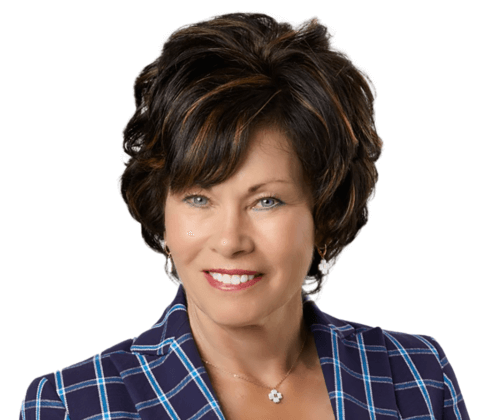Over the past several weeks, American teenagers have seized the forefront of their national gun debate – speaking to media, challenging politicians and sharing their personal experiences with gun violence. It doesn’t stop at gun policy – but all over the world, age increasingly predicts how people vote.
Indeed, on many issues, generational divides exist on national questions. Most young Americans have a favourable view of gay marriage relative to older generations.[1] Young Britons voted overwhelmingly against Brexit in 2016[2]. Right here at home, young voters turned out in record numbers for Justin Trudeau’s Liberals in 2015.
It is conventional wisdom in politics that young people do not vote. Therefore, parties put forward platforms that appeal to other parts of the population that reliably show up to the polls. But as witnessed in Canada’s 2015 election and the United Kingdom’s 2017 election, the younger demographic can influence elections when motivated to turn out.
In Ontario, the Ontario Progressive Conservatives are the odds-on favourite to win the June election. The party has led every opinion poll since the Sudbury by-election, and won five out of seven by-elections (even in reliably Liberal areas) since the start of this parliamentary session.
According to a recent poll, the 18-24 demographic still backs the Ontario Liberals, where 42 per cent of voters say they will back the government, compared to 24 per cent for the PCs and 18 per cent for the NDP.[3]
In Doug Ford, the PCs have new leader who is a potent political force.
Comparisons with Donald Trump aside, Mr. Ford is anything but. The Fords have, for years, relied on the support of working-class communities in Toronto. In fact, they often had more voters in common with the Liberals and New Democrats than the Progressive Conservatives.
And while Donald Trump channels the voices of those who feel left behind by the economy, Mr. Ford channels the voices of people who feel left behind by this government. People who feel the government has overtaxed, overspent and intervened more than its welcome.
In other words, Mr. Ford is a conventional conservative who appeals to bedrock pocketbook issues. He rails against the elites and taps into concerns about the role of government in everyday lives.
Never to be undone, the Liberals have tried to seize the populist mantle with more Bernie Sanders-flavour. This week, the Liberals’ commissioned a throne speech that zeroed in on the anxieties of people just getting by, as work becomes more precarious, where stable and lifelong jobs with high wages and health and retirement benefits shrink in number.
Young people bear more of this burden. Today, almost one third of young workers are in temporary contract work – a generation ago, that number was one-quarter. The unemployment rate of those 24 and under is also disproportionately higher than the average – at 11.2 per cent in January relative to the average of 5.5 per cent. With skyrocketing housing prices in the Greater Toronto and Hamilton Area, youth everywhere increasingly feel they will never be able to buy their own homes.
At the same time, young people are particularly supportive of the sexual education curriculum – a fact that the Liberals are sure to exploit.[4]
Mr. Ford’s position on the sexual education curriculum may affect the PC campaign if the Liberals manage to convince and energize young voters to turn out and vote against conservative candidates. Mr. Ford is already walking back his earlier statements on several social issues and has committed to also being the leader for the more progressive elements within the PC Party.
Despite this, in March, half of voters 18-24 disapprove of Premier Kathleen Wynne’s performance, with only 32 per cent approving and the rest expressing no opinion. In contrast, Mr. Ford has a net positive rating of 5 per cent, with almost one third expressing no opinion over his leadership style.
Mr. Ford speaks with a personal authenticity and credibility that other politicians can only aspire towards. In him, the PC Party can suddenly reach new constituencies that they could not hope to reach under more conventional leaders or normal elections. Mr. Ford certainly can make inroads among younger voters too.
Sources
[1] http://www.pewforum.org/fact-sheet/changing-attitudes-on-gay-marriage/
[2] https://www.statista.com/statistics/567922/distribution-of-eu-referendum-votes-by-age-and-gender-uk/
[3] https://www.campaignresearch.ca/single-post/2018/03/15/Doug-Fords-PC-Party-Set-to-Win-Big-in-June
[4]http://poll.forumresearch.com/data/ON%20Sex%20Ed%20News%20Release%20(2015%2002%2028)%20Forum%20Research.pdf


